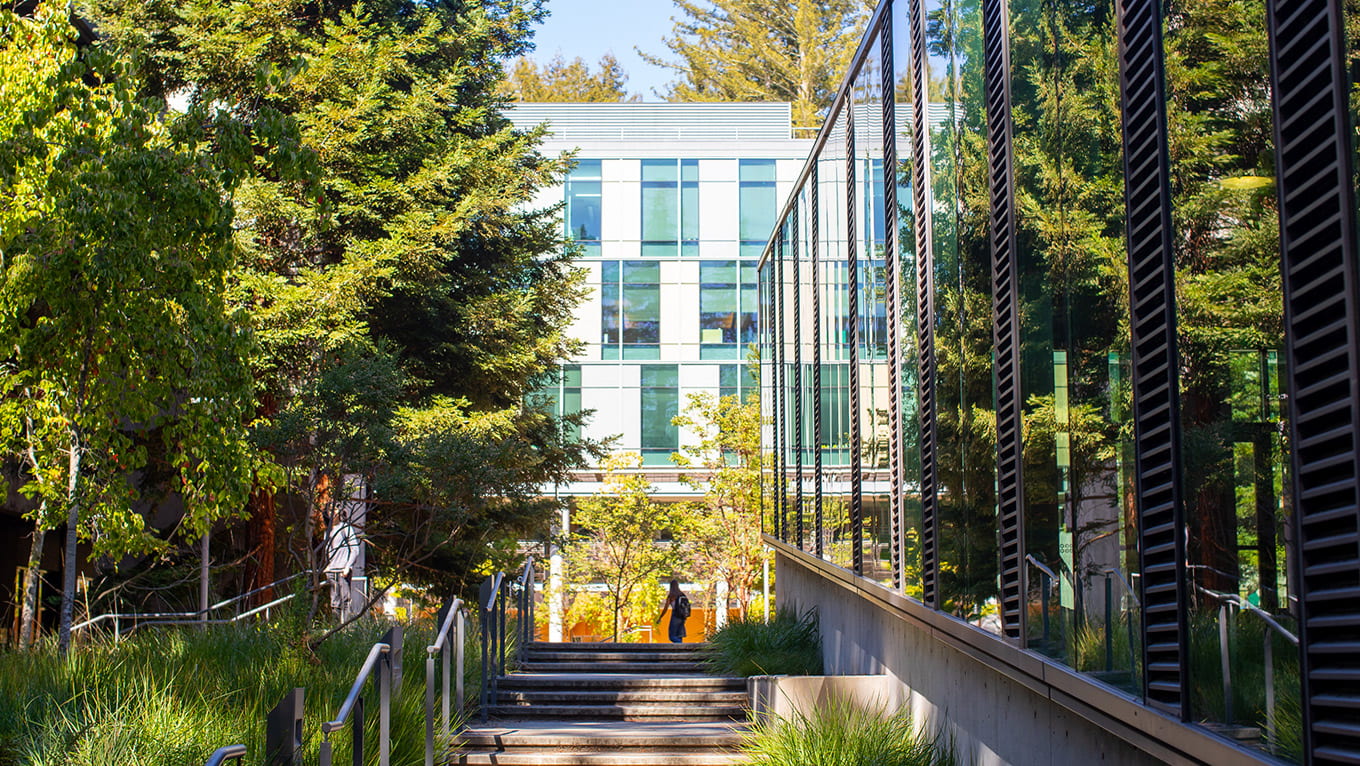Neel Sundaresan, adjunct professor of computer science and engineering in the Baskin School of Engineering at UC Santa Cruz, and VP of engineering at Microsoft, Cloud & AI shared some advice for UC Santa Cruz engineers interested in applying to internships during the junior year.
Why would you want an internship?
An internship will vastly improve your chances of getting the job you want after you graduate. Employers are looking for practical experience. It’s the best way for an engineer to get some.
When should I apply for an internship (and where)?
Apply as early as you can. Spend some time polishing your resume but know that large companies receive thousands of resumes so deadlines will come up quickly. Deadlines vary but can come as early as the end of October or November.
Get in early. Many positions are filled by December.
Apply all over the place. There’a a lot of competition but there are also plenty of internships out there.
Employee referrals can really make a difference. Use them!
Look for programs that increase diversity. Many companies in the recent years have focused on improving diversity mix in the workforce and that provides additional opportunity for students from the under-represented communities.
Check company websites for diversity initiatives that you might qualify for.
Check on-campus Engineering clubs and organizations. Recruiters often come by.
Who are companies looking to hire?
They want you! Companies look for a solid GPA, but they aren’t necessarily looking for the best-of-the-best. A good-enough resume with a good GPA will likely land you an internship, especially if you can demonstrate passion and enthusiasm for the position.
How can I stand out from other applicants?
Your resume and cover letter should tell a story about you. Be genuine but don’t under-state your accomplishments. Spellcheck your resume. And then do it again! Recruiters are looking for easy ways to take applicants out of the pile, and a sloppy, poorly copyedited resume signals a lack of attention to detail. It isn’t always a dealbreaker, but it often is. Same goes for silly fonts and other gimmicks.
Be simple but be solid. Keep your reader’s attention on your accomplishments.
A resume is trying to accomplish a couple of things: first of all it’s articulating your technical skills. Mention the hardest classes you’ve taken, the most complicated projects you’ve worked on.
Don’t be afraid to mention topics you want to explore—remember you’re at the beginning of your career. Being able to demonstrate interest in engineering beyond school (e.g. volunteering your services or exploring courses in related fields online) can also help you stand out.
Keep in mind that if you highlight a technical skill, you’re probably going to be asked to demonstrate some competency in it! So make sure you convey your ability accurately.
A resume also conveys what’s unique about you. Think about what makes you, you. What’s unusual or interesting about you? Do you have hobbies or interests that might capture someone’s attention or keep a conversation going?
Don’t be afraid to mention a difficult background—in fact it can be a major asset. Keep in mind that you want to be as positive as possible. Show your reviewers that you’ve risen to the challenges you’ve faced and are eager for more.
What should I do during an Interview?
If you get an interview, congratulations! Your qualifications are good enough for the job. What you’re being assessed on during the interview is your personality, your ability to work with others on the team and your problem solving abilities.
There’s an element of luck here, but there are also ways to maximize your chances of moving forward. Most of them involve being conscientious of what you’re being asked to do and why. Be respectful. Always listen to what the interviewer is asking you. Let them finish their sentences. Don’t interrupt!
Before the interview – try to find out who will be interviewing you, see what he or she does and what their function is. Keep an eye out for news about the company or new products or initiatives. This can really help you connect with your interviewer and demonstrate that you want the job.
Technical Expertise – they’ll want to ask you about the fields that you excel at, so be sure to steer the interviewer toward areas that you’re most comfortable with.
Coding questions and brain teasers – these are as much about demonstrating your ability to think as they are showing your intelligence or technical ability. Read the question carefully. Ask questions. Listen to feedback and ask ‘why.’
Collaboration – you’re going to be working with a team of other engineers, so you’ll want to demonstrate that you work well with others. Never denigrate other team members or claim sole responsibility for a group project.
Overcoming Challenges – expect to be asked about challenges you’ve faced working on projects in the past. This is about leadership. Have some examples ready. What’s the biggest challenge you’ve had to overcome and why? How have you dealt with disagreements with your managers or teammates? Be sure to think about what you want to convey to your interviewer.
Ask questions! At the end of the interview you will be asked if you have any questions. Remember that you’re still being assessed. Demonstrate your knowledge of the company and genuine enthusiasm for what you’ll be doing. Remember: this is not the time to ask about salary or benefits.
– SHARE THIS STORY –
You May Also Be Interested In
-

2025 Dean’s Awards highlight outstanding Baskin Engineering undergraduate research in AI, cybersecurity, biomedicine, and more
-

Baskin Engineering students sweep SC Launchpad 2025 awards in technology and social impact categories
-

First annual UC Open Summit highlights open source innovation in the UC system

